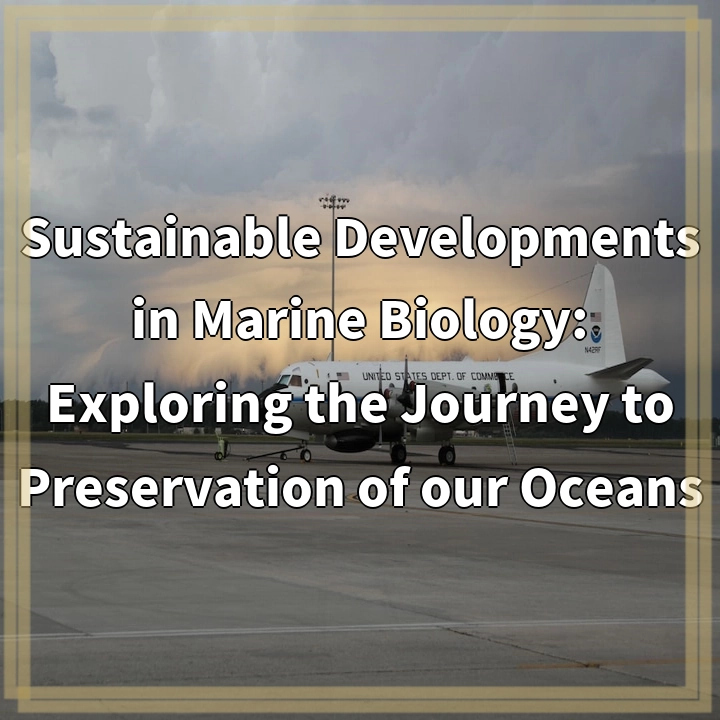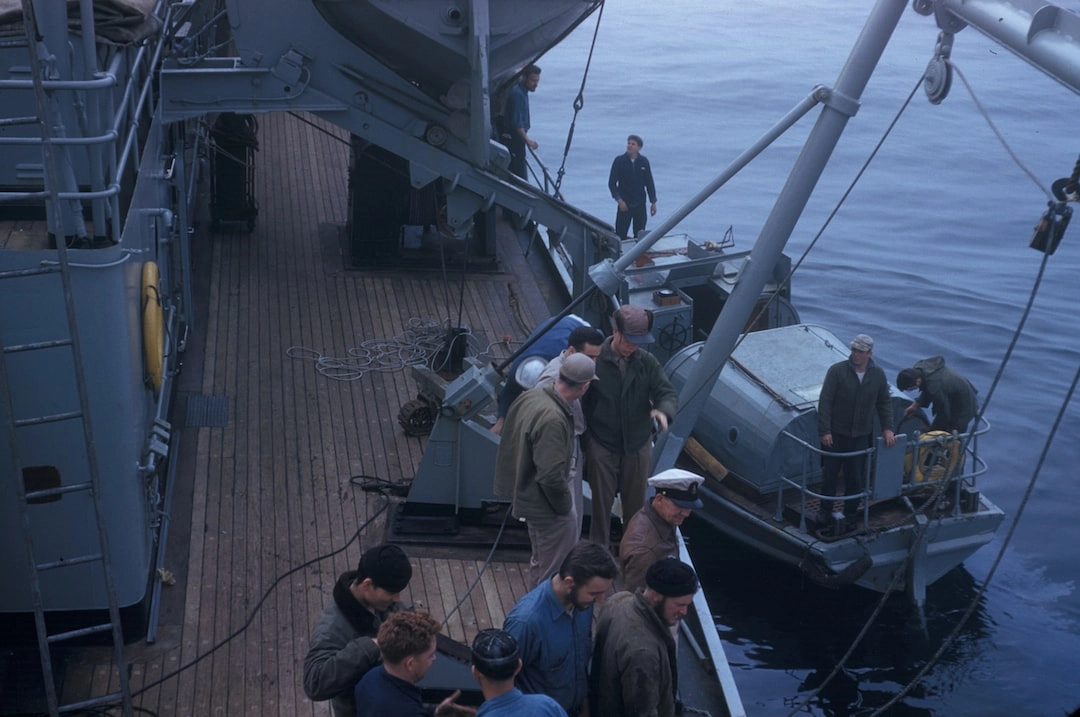
What is Sustainable Developments in Marine Biology?
Sustainable Developments in Marine Biology refers to the practices and initiatives in the field of marine biology that aim to promote the long-term health and preservation of our oceans. It involves studying marine organisms, ecosystems, and their interactions, while also emphasizing sustainable approaches to ensure the continued availability and health of marine resources.
Real-World Problems Associated with Sustainable Developments in Marine Biology
1. Overfishing
Overfishing is a significant issue that threatens the sustainability of marine ecosystems. It involves the depletion of fish populations beyond their capacity to reproduce and recover. This can disrupt the balance of marine food chains and lead to declines in biodiversity. Sustainable developments in marine biology aim to address overfishing by promoting responsible fishing practices, implementing catch limits, and supporting the establishment of marine protected areas.
2. Habitat Destruction
Habitat destruction, such as coral reef destruction and coastal development, poses a severe threat to marine ecosystems. It not only directly impacts the organisms that rely on these habitats but also disrupts the natural processes and services provided by healthy marine environments. Sustainable developments in marine biology focus on the conservation and restoration of critical marine habitats, including coral reefs, mangroves, and seagrass beds.
3. Pollution and Marine Debris
Pollution, including plastic debris, chemical contaminants, and oil spills, has detrimental effects on marine life. It can lead to the entanglement and ingestion of marine animals, disrupt reproductive processes, and alter marine ecosystems. Sustainable developments in marine biology involve raising awareness about the impacts of pollution, promoting waste reduction and recycling, and advocating for stricter regulations to minimize pollution in our oceans.
4. Climate Change
Climate change is one of the most significant threats facing marine ecosystems. Rising sea temperatures, ocean acidification, and changing currents disrupt the delicate balance of marine life, leading to the loss of habitats, coral bleaching, and the decline of vulnerable species. Sustainable developments in marine biology involve studying the impacts of climate change on marine ecosystems, developing adaptation strategies, and supporting global efforts to reduce greenhouse gas emissions.
5. Unsustainable Tourism
Tourism can have negative impacts on marine ecosystems if not managed sustainably. Activities such as snorkeling, diving, and boating can damage coral reefs and disturb marine life. Sustainable developments in marine biology involve promoting responsible tourism practices, such as enforcing guidelines for sustainable diving and snorkeling, establishing marine protected areas for tourism, and educating tourists about the importance of marine conservation.

Solutions for Sustainable Developments in Marine Biology
1. Implementing Sustainable Fishing Practices
By enforcing catch limits, promoting responsible fishing practices, and supporting the establishment of marine protected areas, we can address the issue of overfishing. This will help maintain healthy fish populations, preserve biodiversity, and ensure the long-term sustainability of marine ecosystems.
2. Conservation and Restoration of Marine Habitats
Protecting and restoring critical marine habitats such as coral reefs, mangroves, and seagrass beds is essential for the health and resilience of marine ecosystems. Through initiatives like habitat conservation, restoration projects, and sustainable coastal development, we can safeguard these habitats and promote their recovery.
3. Combatting Pollution and Marine Debris
To address pollution and marine debris, it is crucial to raise awareness about the impacts of pollution, promote waste reduction and recycling, and advocate for stricter regulations. Educating the public, implementing effective waste management systems, and supporting initiatives that reduce plastic waste can help mitigate pollution and protect marine life.
4. Mitigating the Impacts of Climate Change
In order to address the impacts of climate change on marine ecosystems, it is necessary to reduce greenhouse gas emissions on a global scale. Additionally, efforts to study and understand climate change impacts on marine life will inform adaptation strategies and support the conservation of vulnerable species and habitats.
5. Promoting Responsible Tourism
To ensure sustainable tourism in marine environments, it is important to enforce guidelines for sustainable diving and snorkeling, designate marine protected areas for tourism activities, and educate tourists about the importance of conservation. By encouraging responsible tourism practices, we can minimize negative impacts and promote the preservation of marine ecosystems for future generations.















